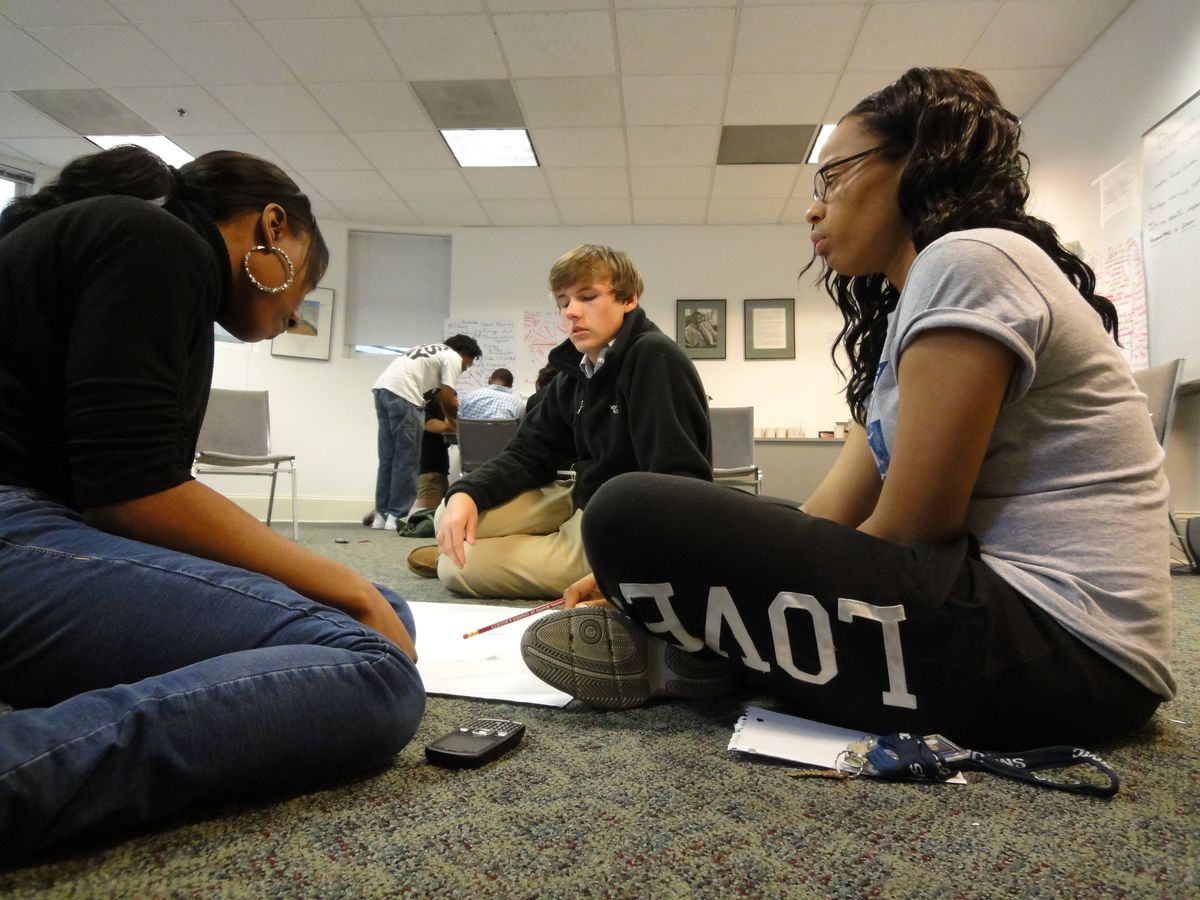Education
All children have the right to a quality education that utilizes the best educational techniques and insights.

God has gifted us with the ability to think critically and to learn.
The Bible says that as Jesus grew up, he studied and “matured in wisdom” (Luke 2:52). Growth in learning is an enjoyable, invaluable part of being human. Rather than being at odds with faithful living, learning is vital to it. We are called to engage our faith and the world around us with open hearts and minds.
We believe that every person has the right to education
United Methodist Social Principles, ¶164.EIn addition to its importance in the life of the individual, education is also a key ingredient to the well-being of society. According to research by the Organization for Economic Co-operation and Development, education level correlates to life expectancy, civic engagement, and economic stability.
Education also reflects social inequity, clearly displaying inequalities, oppressions, and systemic injustice. Gender, race, class, and other markers are reflected in who does — and who does not — receive a quality education, or any education at all.
In the U.S., this starts early. The school-to-prison pipeline names how, rather than educating predominantly African-American and Latino children, educational systems are failing them, funneling them to systems of mass incarceration. The U.S. Department of Education reports that in 2014 African-American students comprised less than 20 percent of pre-kindergarten enrollment, but nearly 50 percent of preschoolers with out-of-school suspensions.
Globally, the United Nations reports 124 million children of primary school age were not in school in 2013. The majority of them were girls.
God stands with the oppressed and calls for liberation. We must correct the inequity in society, exterminate its decisive impact on education, and increase educational opportunities for those who have been systemically marginalized by school systems, culture, and law.
What the Bible and The United Methodist Church Say:
The Bible depicts learning and wisdom as some of God’s greatest gifts to humankind. Proverbs teaches that “How much better to get wisdom than gold! To get understanding is to be chosen rather than silver.” (Proverbs 16:16)
All children have the right to quality education, including full sex education appropriate to their stage of development that utilizes the best educational techniques and insights.
United Methodist Social Principles, ¶162.CLuke shows a 12-year-old Jesus listening to and speaking with the teachers in the temple. (Luke 2:39-52) Jesus praises an adult Mary for choosing growth in wisdom over chores. (Luke 10:38-42) (Note, however, that this does not devalue housework. As John Wesley said, “Cleanliness is next to godliness.”)
The United Methodist Church affirms that education is a human right: “We believe that every person has the right to education.” (Social Principles, ¶164.E) The Church calls on its members to actively support this belief: “United Methodists have a moral concern to take initiatives to support and create alliances involving educators, community leaders, and students to address the challenges of contemporary education and to work to resolve the threats to quality education.” (Book of Resolutions, 3161)
Three Things You Can Do:
- Oppose policies that promote inequity in educational opportunities. This inequity can be on the basis of gender, race, class, or other factors.
- Visit your local school and build relationships with teachers and administrators. Volunteer your time to provide support for underfunded areas.
- Support community, state, and national programs that seek to strengthen and spread education in society, whether it is a school lunch program, an adult literacy program, a book donation program, a local tutoring center, or other program with direct impact.
Related Resources